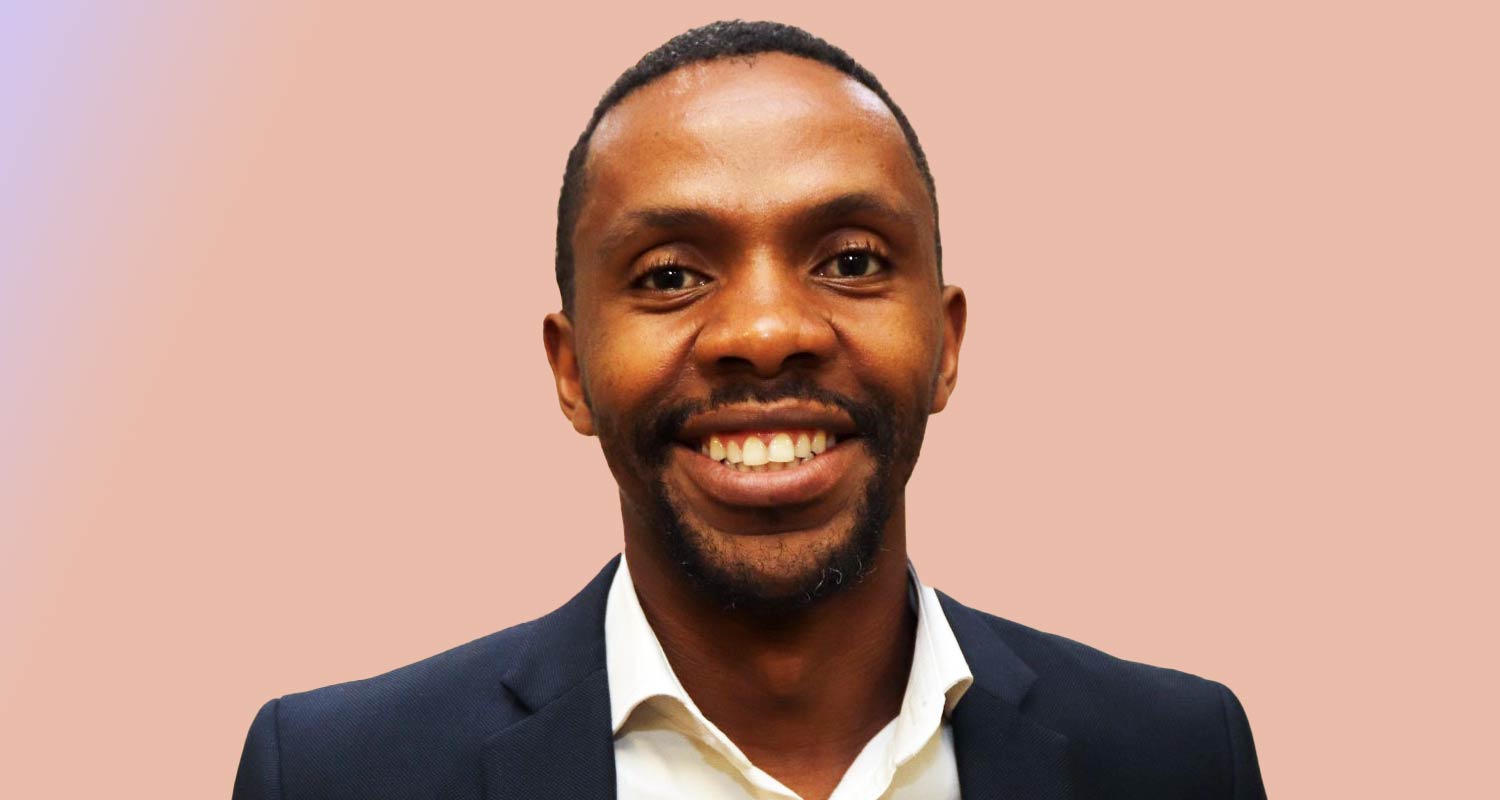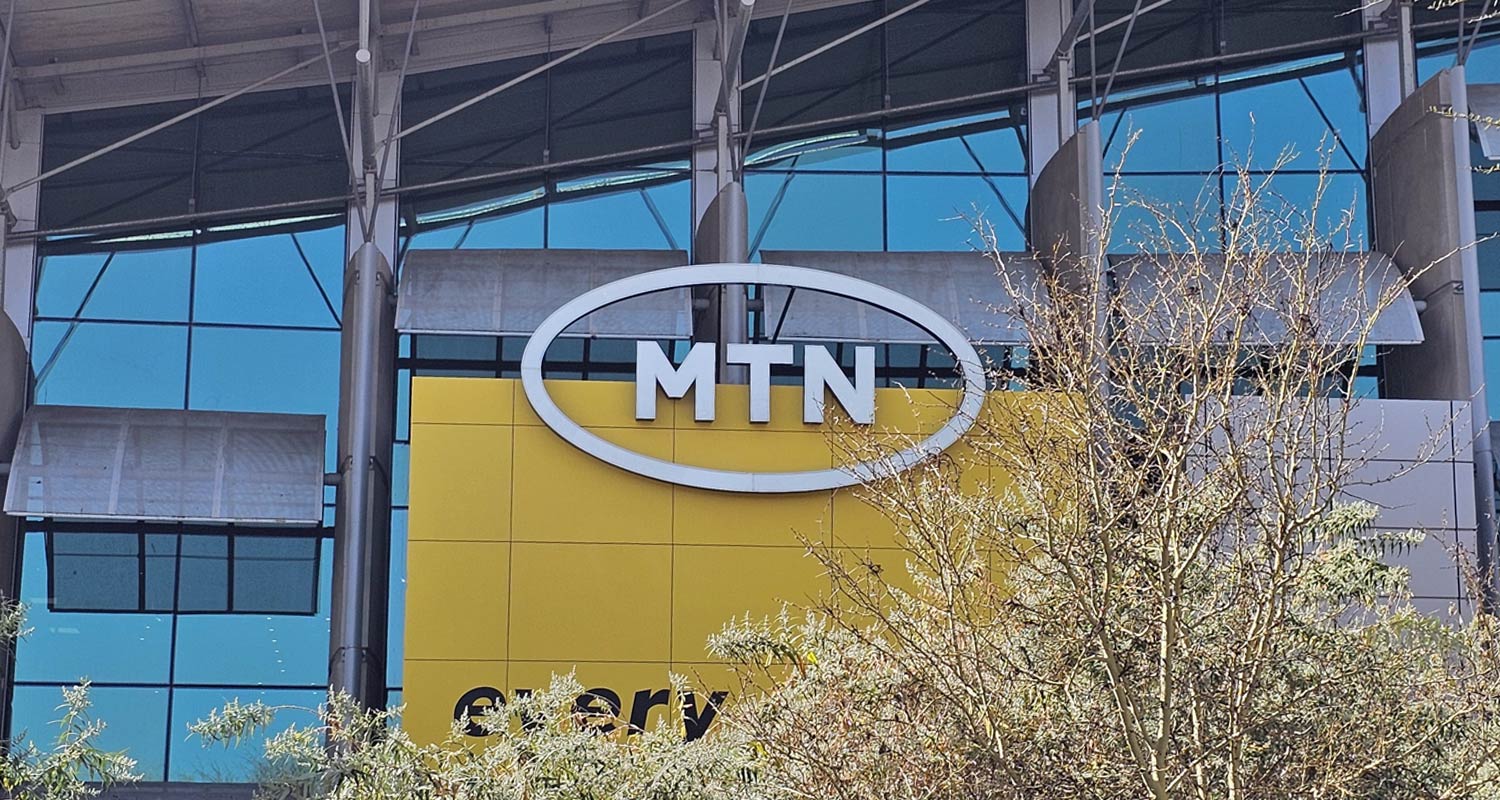
MTN South Africa is pivoting its Mobile Money (MoMo) customer acquisition strategy in an effort to accelerate adoption.
According to Kagiso Mothibi, acting CEO of MTN MoMo South Africa, the switch from a digital-first methodology of acquiring customers to an agent-led, “boots on the ground” strategy is better suited to MoMo’s target market: South Africa’s unbanked population.
“Initially we were reliant on a digital acquisition strategy, meaning we tried to acquire the customers and convey our proposition via messages. But that is not sufficient for the type of customer we are after,” Mothibi told TechCentral in an interview.
“For our customer base, you have to explain the value, just like how our competitors who have branches were able to do, and that translates into an activity profile that should mimic what you expect.”
According to Mothibi, MTN has observed that customers who are acquired digitally usually respond to a specific product or use case they already understand. A lot of the time, however, their behaviour on the MoMo platform is then limited to that specific behaviour.
MoMo is now using agents and ambassadors to explain its various use cases to the public. Mothibi said this will convey the platform’s utility and build trust, too.
He said many of MoMo’s customers use the platform to purchase well-understood services like airtime recharge, airtime advance and prepaid electricity. Part of MoMo’s strategy is to drive these users onto higher margin “advanced services” such as purchases and withdrawals at merchants, and the purchase of insurance products.
Mature
MoMo in South Africa lags in maturity behind markets such as Ghana and Uganda. Part of the reason for this is that South Africa’s banking sector is the most mature in Africa, so there are fewer unbanked people. However, South Africa’s unbanked population is still significant. Momo is also targeted at banked customers who it considers to be “underserved”.
“Sixty percent of banked customers are withdrawing funds that land into those bank accounts within one transaction. We consider that to be an underserved population. Part of that is to escape from the banking fees attached to these accounts; they would rather keep cash than endure the fees,” said Mothibi.
Read: MTN’s fintech business is flying
MoMo has 11 million registered users in South Africa, having added two million in the first half of 2024. The platform has 513 000 monthly active users – this is measured over a 31-day period. Mothibi said that MTNs experience in other markets shows that the gap between registered subscribers and monthly active users closes the more customers MoMo is able to reach via a door-to-door campaign.
Key to driving payment activity on MoMo is the maturity of its merchant ecosystem. Mothibi said MoMo has 18 000 registered merchants in South Africa. Merchants can sell value-added services via MoMo’s point-of-sale terminals and use the device to facilitate card payments through a partnership with MTN and Mastercard.
 Mothibi has been at the helm of MoMo South Africa in an acting capacity since May, when former CEO Bradwin Roper resigned.
Mothibi has been at the helm of MoMo South Africa in an acting capacity since May, when former CEO Bradwin Roper resigned.
In the first half of 2024, MoMo at group level produced an impressive set of results for MTN, despite the operator’s overall performance being dragged down by sluggish growth in its core operations combined with massive economic headwinds due the naira collapse in Nigeria and ongoing conflict in Sudan.
MTN Group’s fintech ecosystem increased transaction volumes by 18% to 9.7 billion in the period and transaction values rose by 8.5% to a staggering US$146.6-billion. The Ebitda margin – a measure of operating margin – for the fintech business is “in the mid-to-high 30% range”, MTN said.
Read: MTN MoMo expands its Africa remittance network
Fintech revenue in South Africa grew by 59%, albeit from a low base, and contributed 4.1% to total service revenue.
“We have seen monthly active users of more than 200 000 in some of our operating countries. The activity profile there is much richer and more varied, but those are behaviours that have to be built from the ground up, and you need foot soldiers to drive that activity so the behaviour is entrenched,” said Mothibi. – © 2024 NewsCentral Media




